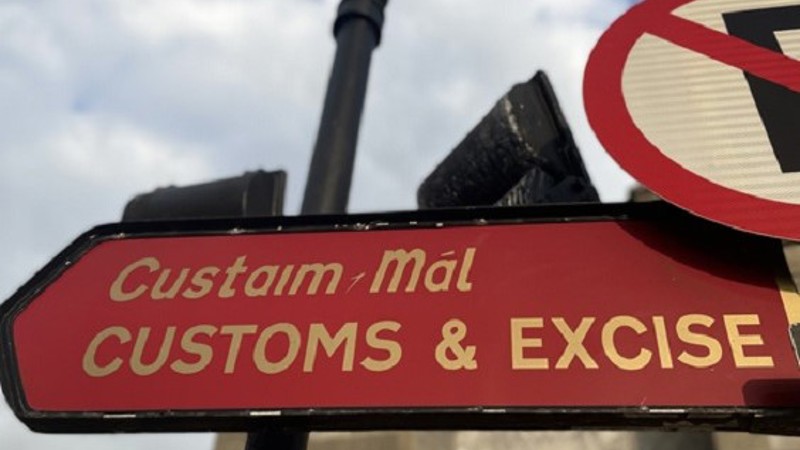Road Transport
A major part of all European transport is carried out by road. During these transports, things may not go as intended. Goods are damaged or stolen and the question arises who is liable for the damages and to what extent. That in itself is a rather simple question, however due to the international nature of the transport, this question may not always be easy to answer.
International road transport is dictated by the CMR Treaty. Almost all EU countries are party to this treaty. If road transport was agreed from one member state to another country – this does not have to be a member state – the CMR directly applies. This means that the CMR is applicable to almost all international transport by road, within, to or from the EU.
The CMR contains regulations for the liability of the carrier for cargo damages, which court to go to and a limitation of liability. The rules of the CMR are compulsory, which means that parties are not allowed to deviate from them. The CMR is, however, not conclusive, for example on the subject of payment of cargo, settlement, suspension or lien. These subjects are governed by national law, which is additionally applicable.
Under the CMR, the liability of the carrier is limited to an amount of 8.33 SDR (approx. € 10) per missing or damaged kilogram of cargo. The conversion rate may be found on www.imf.org. The carrier cannot rely on this limitation in the event of wilful misconduct or default considered as equivalent to wilful misconduct. Such ‘default’ is interpreted differently per country. In the Netherlands, for instance, this is almost never the case, whereas in Germany this is assumed quite easily. This means that it may be interesting for the carrier to stay away from Germany and seek refuge in the Netherlands. In many cases, this can be done by initiating a so-called negative declaratory procedure in the Netherlands.
Another important difference per CMR country is how liability of the carrier for payment of excises or VAT over stolen goods, such as cigarettes or liquor, is handled. Again, the Netherlands are known for its carrier friendly regime, whereas for example in the United Kingdom and France, the carrier is held liable for these excises or VAT quite easily.
Part of the road transport only takes place within the Netherlands. This national road transport is governed by the rules of Book 8 of the Dutch Civil Code, which is semi-compulsory law. This means that it may only be deviated from by way of a separate agreement. The AVC 2002 are regularly declared applicable to national road transport. These are the general terms and conditions that, in addition to Book 8 DCC, provide rules for payment of cargo, settlement, suspension and lien. The liability of the carrier under Book 8 DCC and the AVC is limited to an amount of € 3.40 per missing or damaged kilogram of cargo.













